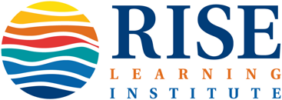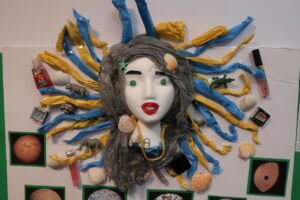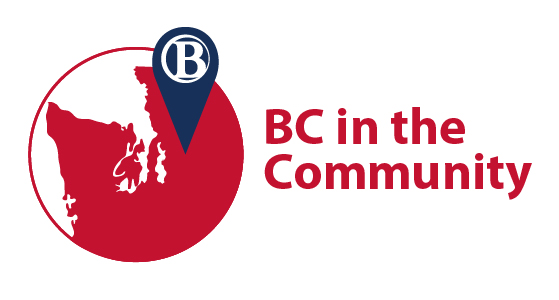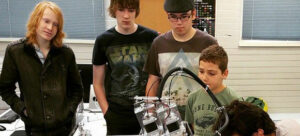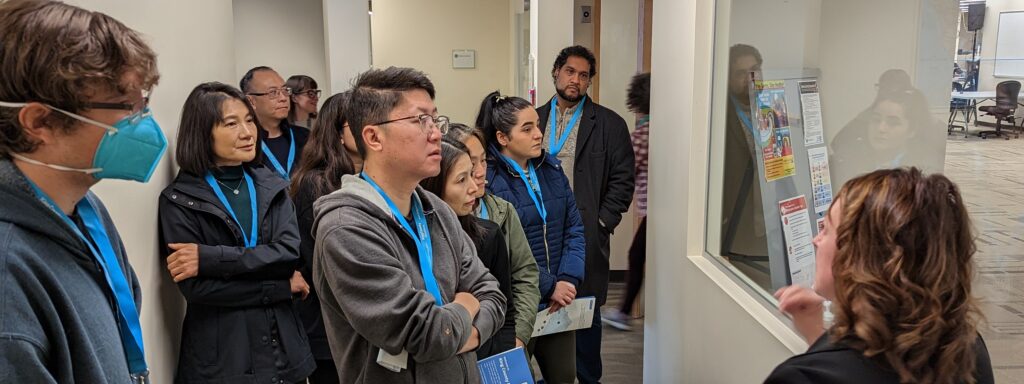
What are High-Impact Communities of Practice?
High-Impact Communities of Practice at RISE are collaborative groups of faculty who share a common interest or focus in specific educational approaches or subject areas. These communities serve as a platform for faculty to engage in meaningful dialogue, share resources, and collaborate on projects that enhance the educational experience at Bellevue College.
Some of these programs include:
BUGR Group
That’s right: it’s pronounced “booger.” And its motto is “learning that sticks.”
The Bellevue UnderGraduate Research Group is a group of 14 faculty from 8 departments. This group grew out a multidisciplinary team of BC faculty who traveled with RISE staff to an Institute on Initiating and Sustaining Undergraduate Research Programs in 2018. This faculty team drafted an action plan for building an undergraduate research program at BC. The group later developed a successful Lockwood grant, funded by the BC Foundation. RISE, the Library, the Science Division, and the Social Science Division also provided support. With that support, the members of the BUGR Group have redesigned their courses to include authentic research projects.
In 2019-20, 722 BC students participated in course-based undergraduate research. You can learn more in our annual report. The following faculty participate in the BUGR Group.
Lisa Lapointe, Library
Celeste Lonson, Psychology
Madhura Sohani, Psychology
Jacqueline Miller, Molecular Bio
Kathy Hunt, Anthropology
Grady Blacken, Chemistry
Sonya Doucette, Chemistry
Seema Jejurika, Enviro Science
Nancy Lane, Enviro Science
Christina Sciabarra, Political Science
Jason Fuller, Biology
Raji Sundar, Biology
Allison Kang, Biology
Cindy Xie, Biology
Community-Engaged & Civic Education (CECE) Community
Community-Engaged & Civic Education, also known as CECE, enables faculty to take the students out into the community – remotely or in-person – while bringing the community in. CECE supports instructors in whatever allows them to center the community in their education, whether through service-learning, projects, research, civics, or more. CECE can connect instructors to community partners, help them with course integration and assignment design, and more. Visit the CECE site to learn more about how all the pieces – faculty, students, community, volunteering, and more – fit together to provide a multi-faceted approach to community-engaged learning.
The What and How of Service-Learning
Community-Engaged & Civic Education helps students meet their course learning outcomes, build lifelong skills, and develop a greater sense of civic responsibility. The most well-known type of community-engaged learning is Service-Learning, which provides opportunities for students to contribute to community-based organizations (e.g. non-profits and government) to meet course outcomes. This helps students make real what they’re learning in their class, and critical reflection activities or assignments facilitate the extraction of learning that goes beyond the course content.
The RISE Learning Institute defines “service-learning” differently from most institutions. Your class likely fits. Read more.
Faculty Champions of PBL
Project-based learning is RISE’s largest program. Nearly 80 faculty, representing all 6 divisions, have done multi-day PD related to PBL. These faculty–and several others–form an informal network known as the “Faculty Champions of PBL.” They don’t hold meetings, but they do share resources and strategies in a very useful Canvas shell. Contact Alex Berger if you’d like access to the shell.
Last Updated December 17, 2024
